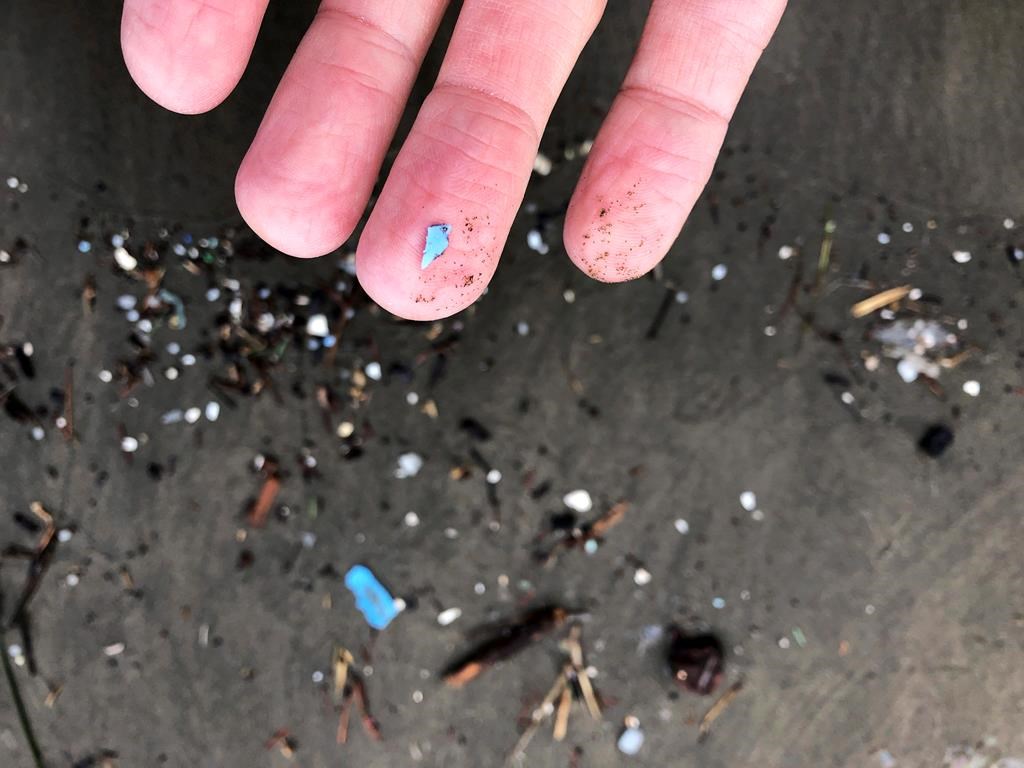
UBC Researchers Develop Affordable, Portable Microplastic Detector for Safer Drinking Water
Microplastics have become a pressing environmental and health concern, with tiny plastic particles infiltrating our food, water, and even the air we breathe. In response to this growing issue, researchers at the University of British Columbia (UBC) have made a significant breakthrough. They have developed a cost-effective and portable device that can detect microplastics in liquids, including drinking water, with remarkable accuracy. This innovation could be a game-changer in the fight against plastic pollution and its harmful effects on human health.
Microplastics are minute plastic particles that are often invisible to the naked eye. They are formed from the breakdown of larger plastic items, such as bottles, bags, and packaging materials, as well as from everyday items like plastic cups and utensils. Once released into the environment, these particles can easily contaminate water sources and food supplies, posing a significant threat to both ecosystems and human health. Microplastics have been found in nearly every corner of the globe, from the deepest ocean trenches to the highest mountain peaks, and even in the water we drink daily.
Also Read:- Bill Maher Criticizes Kamala Harris for Avoiding the Press, Calls It 'More Insulting' Than Trump’s Media Attacks
- Half-Price PNE Fair Tickets Available for a Limited Time: Aug. 27–29
The device developed by UBC researchers, led by Tianxi Yang, is a crucial step forward in addressing this issue. Yang emphasizes that microplastics represent a "significant threat" to food safety, public health, and the environment. The new device utilizes a wireless digital microscope combined with a green LED light and an excitation filter to detect microplastics in liquid samples as small as a single drop. This innovative approach causes microplastic particles to fluoresce, making them easily identifiable even in tiny quantities.
In a recent study published in the journal ACS Sensors , the device was tested on boiled distilled water stored in disposable polystyrene cups for just 30 minutes. The results were alarming, revealing that hundreds of millions of polystyrene particles had leached into the water, with each particle measuring about one-hundredth the width of a human hair or even smaller. This underscores the potential danger of consuming liquids that have come into contact with plastic containers, a common practice worldwide.
One of the most impressive aspects of this new device is its affordability. According to Yang, each test costs only about 1.5 cents, making it accessible for widespread use. Initially calibrated to detect polystyrene, the device can also be adjusted to measure other common plastics like polyethylene and polypropylene. This versatility means that it could be used in various settings, from food processing labs to individuals curious about the safety of their daily beverages.
The UBC team's ultimate goal is to commercialize the device, making it widely available for real-world applications. Whether for researchers, industry professionals, or concerned consumers, this tool could play a vital role in reducing microplastic contamination and its associated health risks. By providing a simple and affordable way to monitor plastic particles in liquids, UBC's innovation could help mitigate the growing problem of microplastic pollution and ensure safer drinking water for everyone.
Read More:

0 Comments